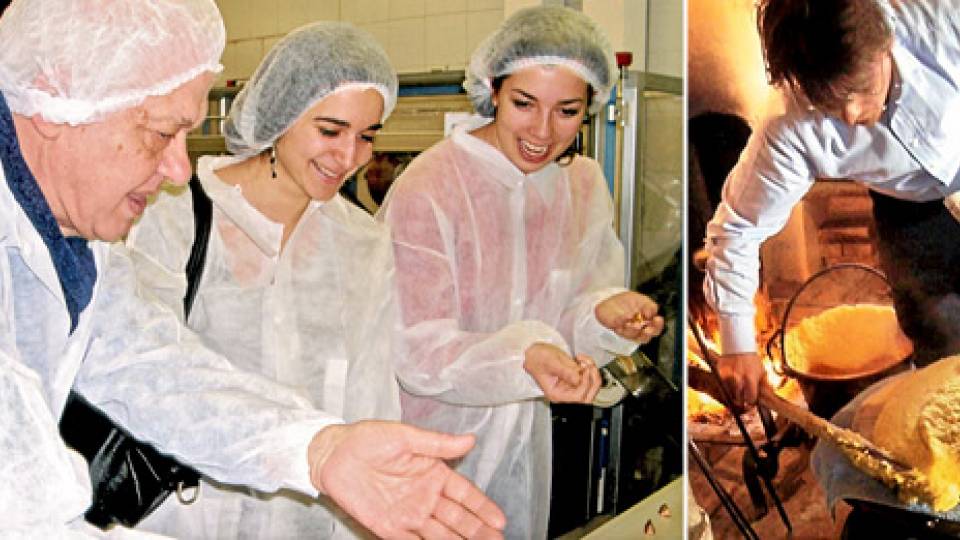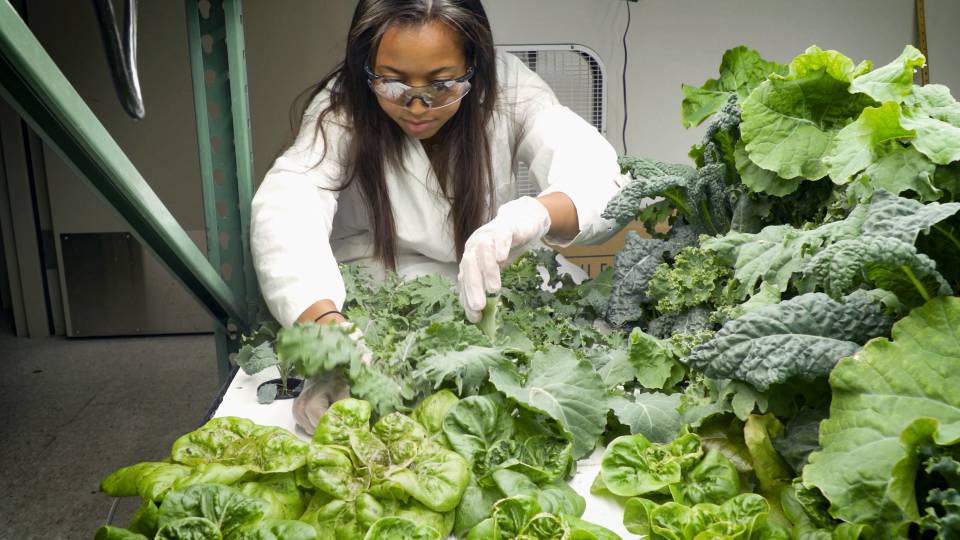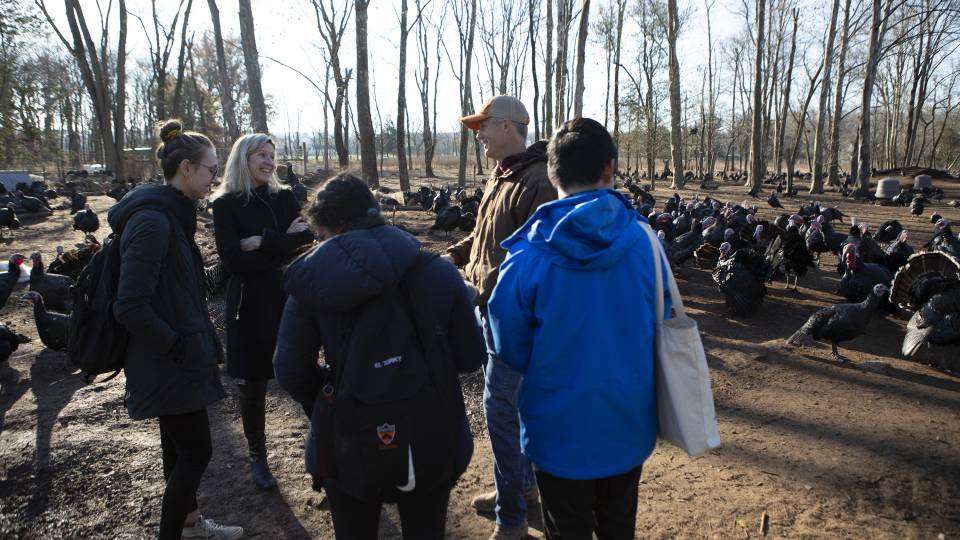This event has been canceled.
The founder and president of the Slow Food movement, Carlo Petrini, will give a lecture on his new book "Terra Madre - Forging a New Global Network of Sustainable Food Communities," at 7:30 p.m. Wednesday, April 21, in McCosh Hall, Room 50, on the Princeton University campus. The talk is free and open to the public.
Petrini is speaking as a guest lecturer at the Department of French and Italian's course "The Literature of Gastronomy" taught by Pietro Frassica, associate chair of the department and a professor of French and Italian.
Following his 2005 book "Slow Food Nation," Petrini's newest book provides an update on his analysis of the world food crisis and on the current ideology and development model that he attributes as the root of these problems. In his book, Petrini argues that the current model will fail to find the innovative solutions needed, as they are outside the global system it created.
As a solution, Petrini details the concepts behind the Terra Madre network, a global food community alliance founded by Slow Food in 2004, which includes thousands of small-scale farmers, fishers and breeders, as well as cooks, young people, educators and others from more than 150 countries. These communities are working towards sustainable food production around the world, and unite in their cause by coming together regionally and at an international meeting held every two years.
Petrini invites everyone to get involved with the Terra Madre network, which aims to rebuild food sovereignty, sustainable production and healthy local economies. It is only through an alliance between producers and consumers, he argues, that sustainable local food systems will be created.
In his book, Petrini also stresses the role of the consumer, coining a new term -- "co-producer" -- to identify a shift in consumer awareness. According to Petrini, co-producers are alert consumers who, by choosing local products and considering themselves active in the process that brings food to their table, are essential to achieving change.
"The Terra Madre food communities can play a central role in creating this constructive dialogue between producers and consumers," Petrini said. "It will restore a more balanced relationship between humans and the earth that is fundamental to understanding and appreciating the true value of food."
For information regarding this event, please contact Kathleen Allen in the Department of French and Italian.




